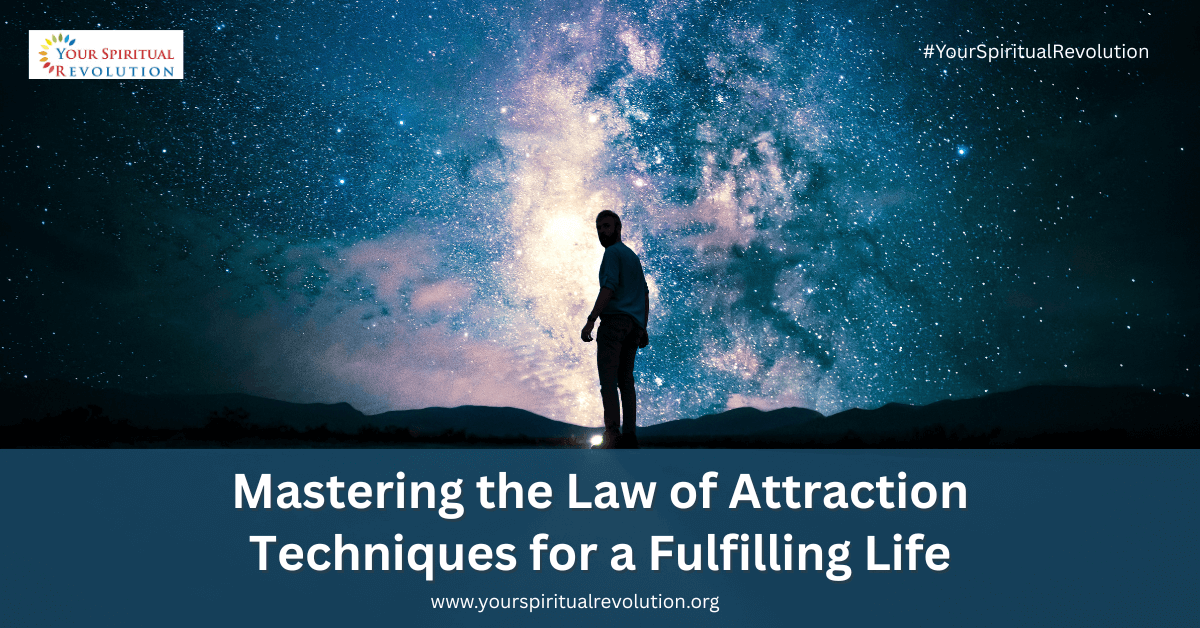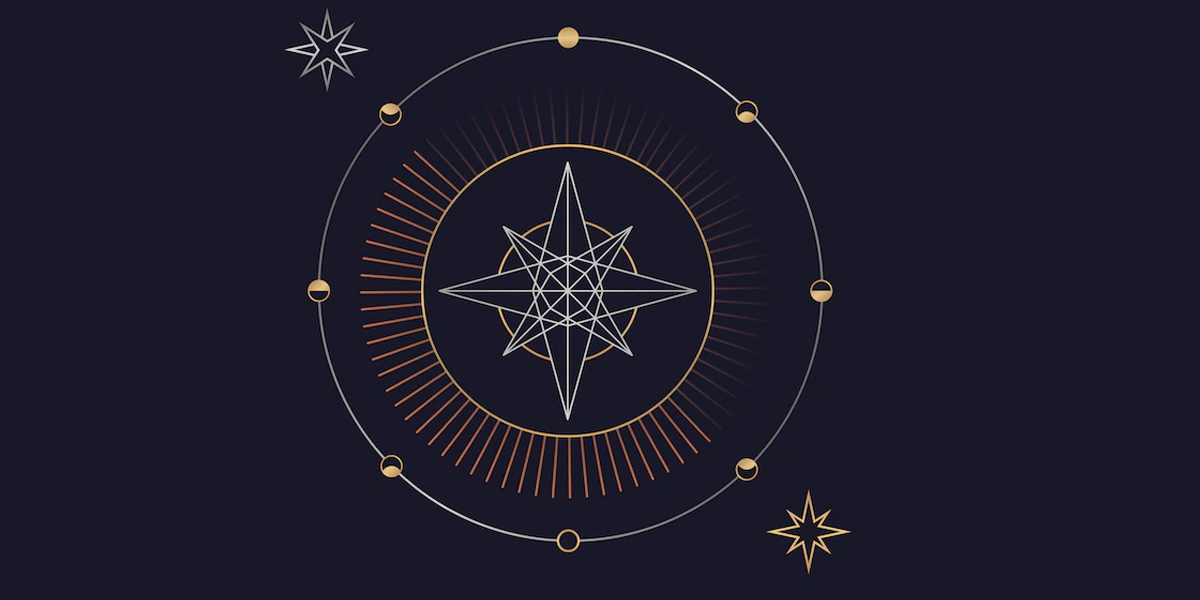

Wisdom is an important spiritual virtue for many people, and the utopian ideal is obviously infinite wisdom oromniscience. Unfortunately, we Humans have finite intellects that cannot comprehend infinite wisdom and mortal egos with delusions of knowing everything of consequences. Fortunately though, our mortal imaginations can compensate and give us a glimpse of infinite wisdom. If we could amass all the information within every human brain on earth, then we could get a tiny glimpse of infinite knowledge; if we could gather all the knowledge and wisdom from every human brain throughout history, then we could increase that tiny and feeling from every creature possessing a cerebellum throughout earth’s history, then we might get a respectable insight into infinite knowledge; and if we could assemble all the knowledge from every biological entity on every planet throughout the universe and eternity, then we might understand the full extent of glimpse tenfold; if we could collect every thought infinite wisdom.
Naturally, this introduces a significant problem because of the potential for endless contradictions in thoughts, feelings, knowledge, and beliefs. For instance, some people believe deities exist while others do not believe they exist, and some people believe aliens are visiting earth while others doubt aliens exist. Some people get around this conundrum by declaring that their knowledge and beliefs are the only knowledge and beliefs that truly conform to the utopian ideal. Declaring that our knowledge and beliefs are the only knowledge and beliefs that conform to the utopian ideal is simply human hubris.
Infinite knowledge and wisdom though would understand why some finite intellects believe earth is flat while other finite intellects believe earth is round. For our finite intellects to appreciate infinite wisdom, we should strive to learn something from everybody we meet whether they are older, younger, male, female, rich, poor, friend or opponent. We should strive to learn something from people of average intelligence, people below average intelli- gence, and those above average intelligence.
Perhaps the greatest challenge is learning something from people with different beliefs, especially those with radically different beliefs. Nevertheless, we should try to understand why one neighbor is a theist and another is an atheist, why one person believes prehistoric monsters exist and another does not. We could even try to understand an animal’s thoughts and feelings, which is not difficult because most pet-owners will happily provide a detailed dissertation of their pet’s thoughts and feelings. Alternatively, biologists and animal psychologists might be happy to give us a synopsis of their research into primate epistemology, feline cognizance, or bovine apprehension.
For a greater appreciation of infinite wisdom, we could investigate the relationship between cultural knowledge and individual knowledge. Individual intellectual development is the process through which nescient brains learn from the repository of cultural knowledge and develop into mature intellects. Cultural intellectual development is the process in which a society’s knowledge grows as its people investigate the secrets of life, reality, the world, and the universe.
For instance, when somebody discovers the earth’s crust consists of tectonic plates, then society’s knowledge will evolve from believing the ground never moves to believing the ground moves. Since individual intellects develop from cultural knowledge, individual intellects will subsequently evolve from believing in an unmovable ground to an imperceptibly shifting ground. Infinite wisdom would understand the symbiotic relationship between individual intellects and cultural intelligence. It would understand the journey from believing the universe orbits the earth to believing earth orbits the sun.
To expand our personal appreciation of this relationship, we could study the evolution of cultural knowledge from ancient civilizations to contemporary societies. We could study classic turning points in cultural understanding such as Newtonian physics, Copernican astronomy, Darwinian evolution, and Einstein’s relativity. We could also study cultural achievements such as classical Greek philosophy, Chinese philosophy, Roman politics, Persian mathematics and astronomy, etcetera. A thorough under- standing of every intellectual development is probably unrealistic but we should consider an abbreviated understanding of each development.
Some people may question the spiritual significance of studying secular subjects such as astronomy and biology. Infinite wisdom though would under- stand that everything connects to everything else so learning mathematics or cooking is as important as studying theology. Technically, infinite knowledge and wisdom would know everything about everything whether physics, childbearing, music, politics, laundry, philosophy, drama, or gardening. Although our finite brains and finite intellects can never experi- ence infinite wisdom, everything we learn brings us a little closer to appreciating true omniscience. This includes everything we learn from diverse sources that apparently contradict each other.
© Gordon Wayne, all rights reserved.



































































Introduction Caring for an older adult with a long-term autoimmune condition can be emotionally complex.

Manifestation, rooted in the New Thought movement, is the powerful concept of transforming desires into

The Law of Attraction is a compelling New Thought philosophy suggesting that our thoughts and

Mudras, symbolic gestures predominantly performed with hands and fingers, hold deep significance across Hinduism, Jainism,

If you have lived with anxiety, depression, trauma or burnout for years, you may feel
| Cookie | Duration | Description |
|---|---|---|
| cookielawinfo-checkbox-analytics | 11 months | This cookie is set by GDPR Cookie Consent plugin. The cookie is used to store the user consent for the cookies in the category "Analytics". |
| cookielawinfo-checkbox-functional | 11 months | The cookie is set by GDPR cookie consent to record the user consent for the cookies in the category "Functional". |
| cookielawinfo-checkbox-necessary | 11 months | This cookie is set by GDPR Cookie Consent plugin. The cookies is used to store the user consent for the cookies in the category "Necessary". |
| cookielawinfo-checkbox-others | 11 months | This cookie is set by GDPR Cookie Consent plugin. The cookie is used to store the user consent for the cookies in the category "Other. |
| cookielawinfo-checkbox-performance | 11 months | This cookie is set by GDPR Cookie Consent plugin. The cookie is used to store the user consent for the cookies in the category "Performance". |
| viewed_cookie_policy | 11 months | The cookie is set by the GDPR Cookie Consent plugin and is used to store whether or not user has consented to the use of cookies. It does not store any personal data. |